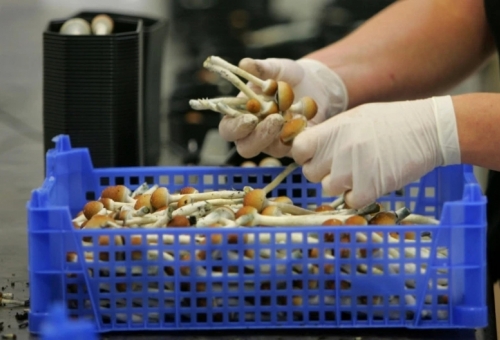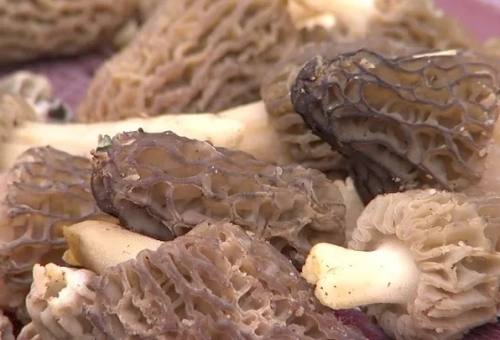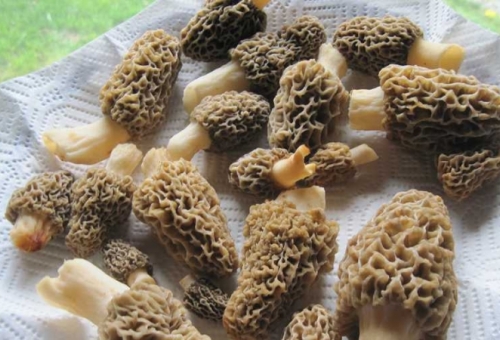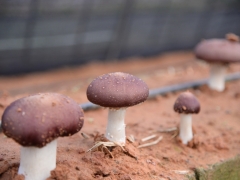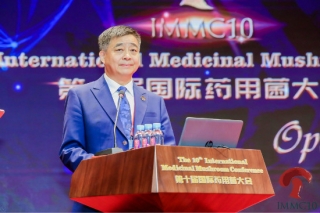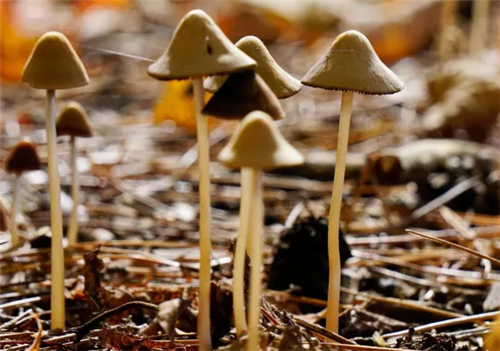
Psilocybin, the main psychoactive ingredient in magic mushrooms, has taken a step towards becoming a licensed treatment for depression, with the completion of the psychedelic chemical’s first controlled clinical study.
Psychiatrists at King’s College London on Wednesday released results of their phase-1 clinical trial to assess the safety of psilocybin at the annual meeting of the American College of Neuropsychopharmacology.
Eighty-nine healthy volunteers were divided at random into groups who received different doses of psilocybin or a placebo. Those taking the drug, particular at a higher dose, had psychedelic experiences as expected, including hallucinations, euphoria and altered moods, but there were no serious adverse events and no negative effects on cognitive or emotional functioning.
James Rucker, lead investigator at King’s Institute of Psychiatry, Psychology & Neuroscience, said: “The results of the study are clinically reassuring and support further development of psilocybin as a treatment for patients with mental health problems that haven’t improved with conventional therapy, such as treatment-resistant depression.”
The psilocybin was made by Compass Pathways, a mental health start-up based in London, through a process of synthetic chemistry developed by the company. It was not extracted from magic mushrooms.
Compass is also sponsoring a phase-2 clinical trial, which will examine the effect of psilocybin on 216 patients across Europe and North America with stubborn depression. Results are expected in 2021.
Small past studies of psilocybin have suggested that it helps to alleviate depressive symptoms, but these were not the larger placebo-controlled trials needed to convince medical opinion — and regulators — that it is a safe and effective treatment.
“We have early signals of efficacy from small uncontrolled studies,” said Ekaterina Malievskaia, Compass co-founder. “Now we are putting our heads down to explore the signals through rigorous science.”
The King’s psychiatrists and Compass gave their initial clinical trial an innovative design, in which everyone received individual psychotherapy while the drug was working. Participants were treated in groups of six in sessions that lasted for six hours. “Psychological support is an absolutely essential part of psilocybin treatment,” said Dr Malievskaia.
Psilocybin is an illegal or banned substance in almost every country, because of its potential for misuse. “That makes it much harder and more expensive to carry out clinical trials,” said Dr Rucker. “We need a Home Office licence for every phase, from initial manufacturing to giving the capsule to the participant, and there are practical security requirements that we have to meet.”
But the extra effort is justified by the prospect of relieving depression in people whom current drugs do not help, he added. How psilocybin might have this effect on the brain is not clear but Dr Rucker suggested a possible analogy.
“The act of taking the drug is like spring-cleaning your house,” he said. “You take everything out of the cupboards. Then a friend comes round, sorts out your possessions and helps you put everything back in better order.”





